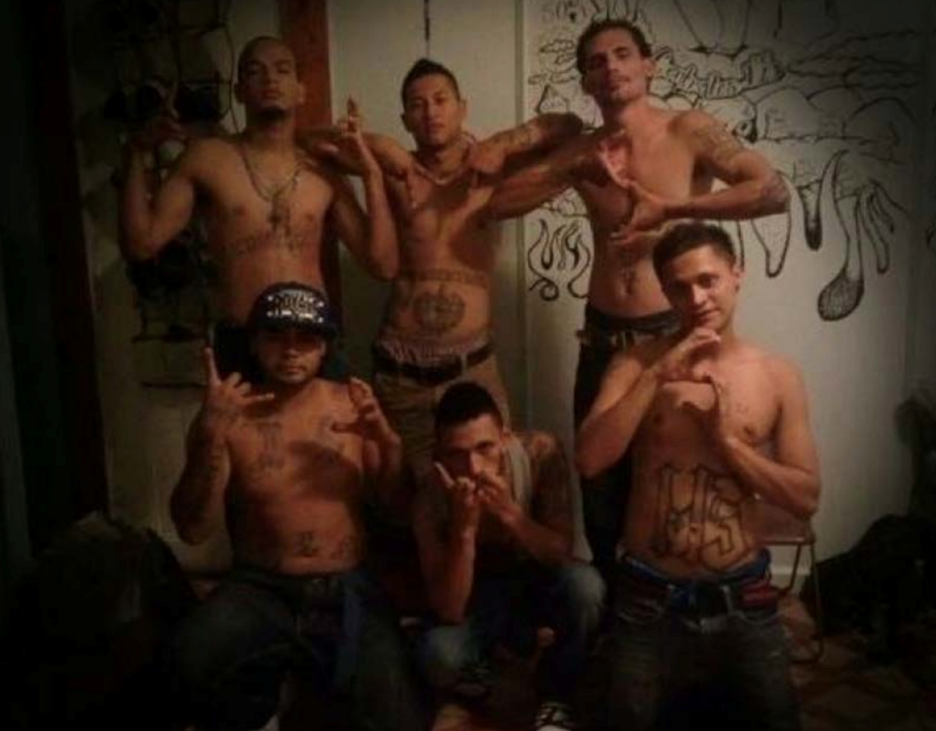BLOG
Confessions: Mr. Big and His Gang
Cory Wilson is a criminal lawyer, serving Calgary, Okotoks, Airdrie, Strathmore, Cochrane, Canmore, Didsbury, Medicine Hat, Lethbridge and Turner Valley.

In Wingert, a 19-year-old man was killed after violently being beaten to death. After two years and no leads, police investigations finally led to a primary suspect who was believed to have been the individual responsible for the young man’s death. In order to strengthen their case and attempt to elicit a confession, police began an operation known as “Mr. Big.”
A Mr. Big operation is a covert investigative operation used by undercover police to gain confessions from suspects. Police will use undercover officers to create a fake gang or criminal organization then convince the suspect to join. Over time, undercover police officers build a relationship with the suspect and enlist their help to commit non-violent criminal acts. Once the suspect has worked with the gang for some time, they are persuaded to talk about their past criminal activity in order to permanently joining the gang.
These operations were developed by the RCMP in the early 1990s and have been used throughout Canada in over 350 cases.
In this case, police befriended the suspect but did not tell him what their gang did. The suspect believed they did something illegal, but never asked. One of the undercover officers spent significant amounts of time hanging out with the suspect helping get him housing and paying him to do minor jobs.
After several months of hanging out and developing a relationship, the undercover officer and the suspect went on a road trip in the officer’s truck. The truck was wired with audio and video to record all of the conversations. During the road trip, the conversations turned to talk about crimes each had committed in the past. In this conversation, the suspect admitted to killing a 19-year-old in Calgary two years prior. Not long after the recorded conversation, the suspect was charged with murder.
The accused attempted to plea down to manslaughter, but the Crown refused the deal and proceeded to trial on second-degree murder. At trial, the Crown sought to admit the video recorded confession from the truck and relied on the seminal Supreme Court of Canada case of Hart. The trial judge determined the confession met the threshold reliability concerns, was probative and did not give rise to prejudice or constitute an abuse of power.
The confession was admitted and the suspect was convicted of second-degree murder.
He appealed on the basis that the trial judge should not have admitted the confession, the Crown failed to prove intent and that the verdict was unreasonable.
Court of Appeal
The Court of Appeal dismissed the appeal and emphasized that not all Mr. Big investigations are alike. The Court discussed that the label “Mr. Big” can evoke a sense of exploitation and oppression that is not always present in such undercover operations.
In this case, not all of the dangers often associated with the typical Mr. Big were present. There were no threats or inducements and the suspect was not particularly vulnerable. In fact, the undercover officer did such a good job creating a relationship, the suspect simply volunteered the information. The Court of Appeal agreed with the trial judge that the suspect simply wanted to get the murder off his chest and finally confess to someone.
The Court of Appeal also looked at the trial judge’s analysis of the inconsistencies found in the confession. The trial judge weighed these issues and found that there was no prejudicial effect.
The Court of Appeal found no errors and upheld the conviction. The case provides useful commentary on the principles underlying the admissibility of confessions in Mr. Big operations.
Cory Wilson is a criminal defence lawyer based in Calgary. If you have been charged with a criminal offence or are a suspect in a criminal investigation, call today for a free, no obligation consultation.